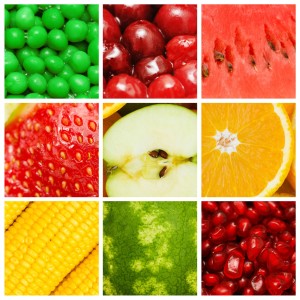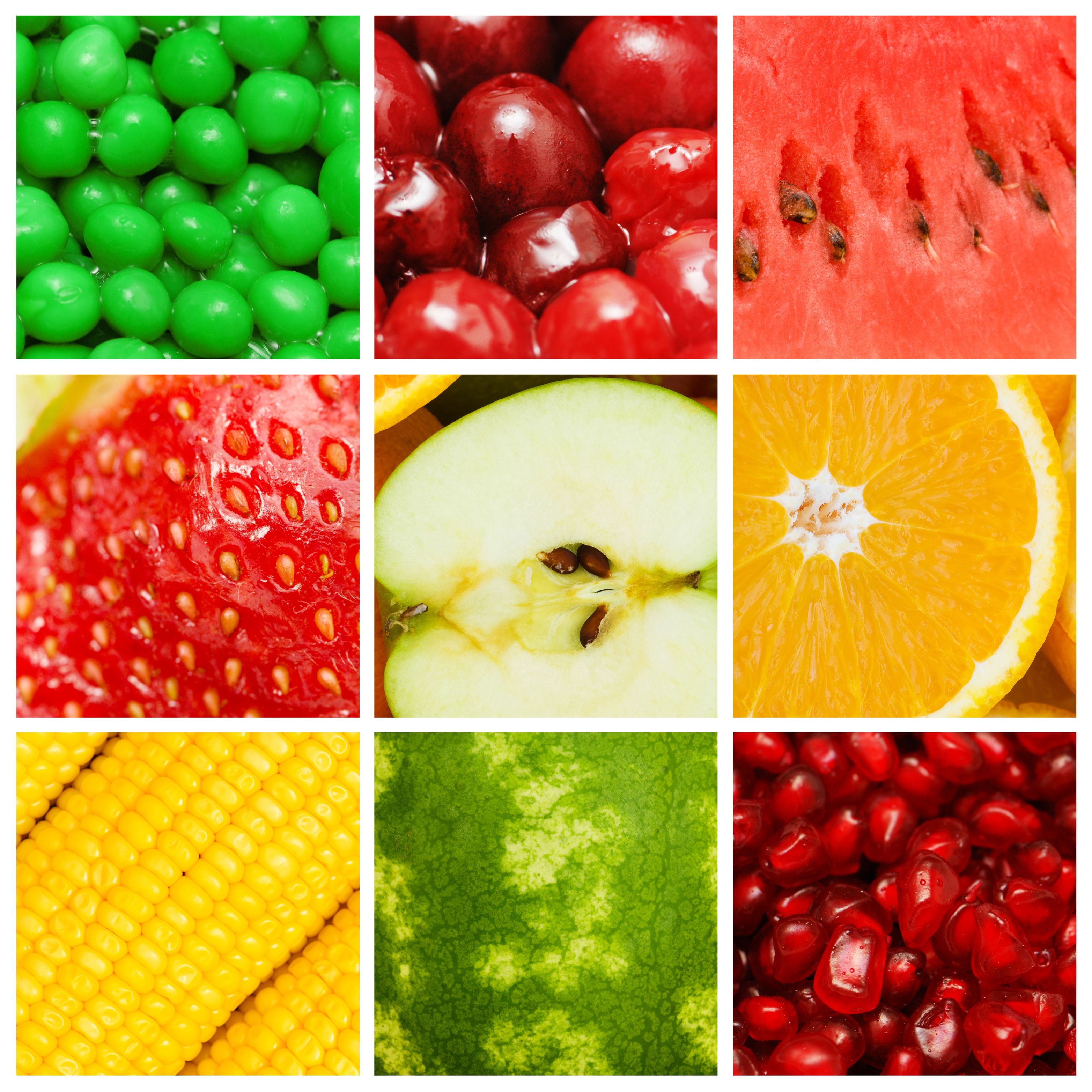What is organic farming?
Organic farming refers to the “production of food without the use of chemical additives or preservatives” (Margel, 2005, p. 34). Organic farming practices can include age-old practices like returning nutrients to the soil through compost, allowing the field to remain fallow, winter cropping of nutrient-rich plants, using seaweeds and other natural fertilizers, using natural enemies for pest control, planting a diversity of crops rather than monoculture, creating mixed farms with crops and livestock, and working with the natural cycles of nature (p. 34-35). Organic farms work in close relationship with the land to yield produce in healthier ways—for the workers, the soil and the consumers.
 What are some of the benefits of eating organically grown food?
What are some of the benefits of eating organically grown food?
Some of the benefits of organic foods includes reducing exposure to harmful chemicals and “health robbing toxins,” increasing consumption of health-promoting micronutrients, safeguarding children’s health, and protecting the health of the environment (Murray, Pizzorno J. and Pizzorno L., 2005, p. 51-52). In the United states alone, “more than 1.2 billion pounds of pesticides and herbicides are sprayed on or added to our crops” and these chemicals are then absorbed into the air, water, soil and food supply (p. 47). There are many long-term health risks associated with pesticide exposure including cancer and birth defects (p. 47).
Why I personally buy organic foods:
When I personally think about buying organic, I feel the “investment” is worth it because there are so many benefits:
- The people who work the land are not exposed to harmful chemicals.
- These poisons will not end up in the water supply to contaminate not only our drinking water, but habitats for animal and plant species.
- The toxins will not end up built in my body from years of ingestion and exposure.
- Lastly, I am supporting with my dollar a set of values that honor the planet and its people.
Some general tips if you cannot always buy organic:
- Check out the Environmental Working Group’s page of the Clean 15 and the Dirty Dozen at http://www.ewg.org/foodnews. These are the 15 vegetables and fruits that are least contaminated and 12 that are most contaminated. A great resource with an available app for your phone!
- With corn and soy food products, I always recommend getting organic since these two are also the most often genetically modified. Until more research is done on the effects, I recommend avoiding genetically modified foods.
- Keep in mind that means also purchasing organic meat and dairy products since often the feed given to conventionally raised animals is genetically modified corn, soybeans and other grains.
- Since children are more susceptible to the build up of toxins and pesticide safety is not tested for humans their size, I strongly recommend that most of the food products you purchase for your children be organic.
What questions do you have about purchasing organic produce?
References
EWG’s Shopper’s Guide to Pesticides in Produce. (n.d.). Retrieved March 10, 2012, from Environmental Working Group website: http://www.ewg.org/foodnews/summary/
Margel, D. L. (2005). The Nutrient-Dense Eating Plan. Laguna Beach, CA: Basic Health Publications.
Murray, M. T., Pizzorno, J. E., & Pizzorno, L. (2005). The Encyclopedia of Healing Foods. New York: Atria.


Trackbacks/Pingbacks